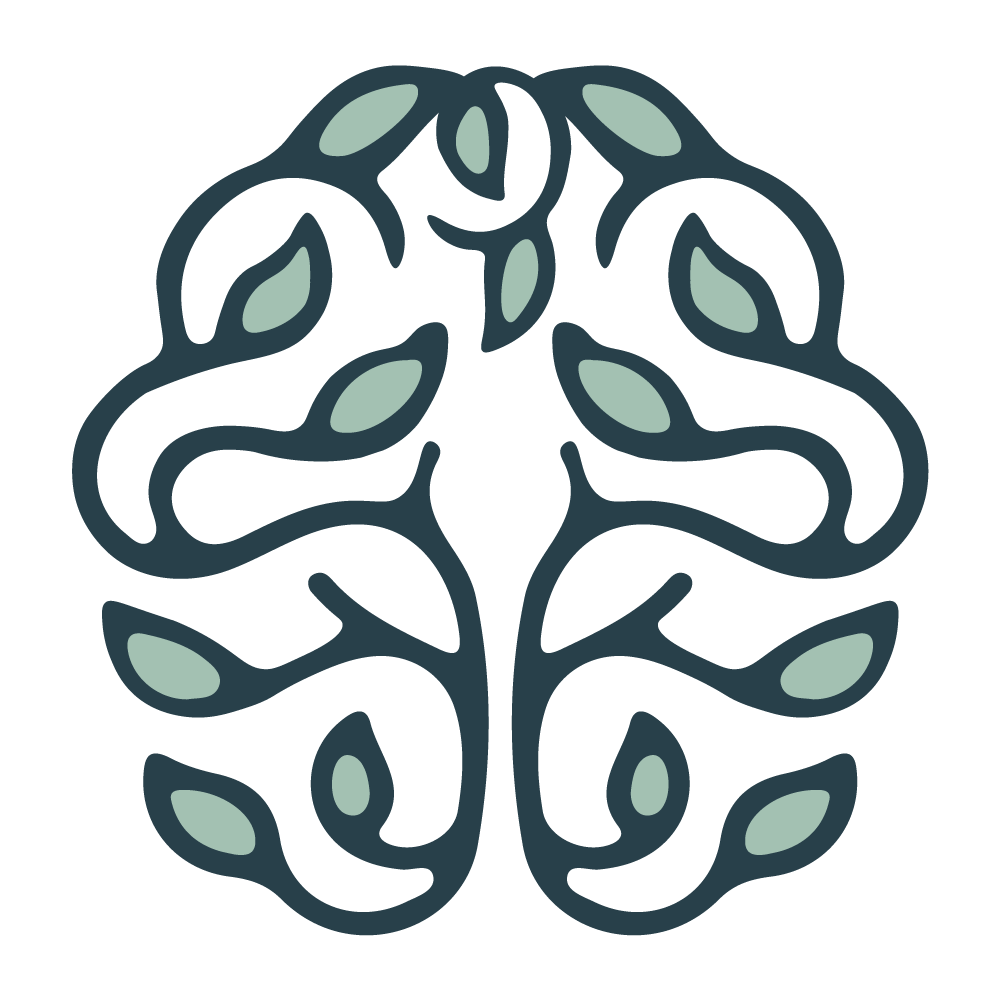Therapy for Individuals & Families

welcome to
Behaved Brain Wellness Center

Behaved Brain Wellness Center is a New Jersey family therapy practice that focuses on brain health and the mind-body connection. We understand the unique challenges of parenting and raising children and teens in today’s world. And we believe that every member of the family has the opportunity grow by nurturing their body and environment for healthier minds, and happier families.
With two New Jersey locations, in Ho-Ho-Kus and Midland Park, in addition to our virtual therapy services, it’s easy to become a member of our New Jersey family therapy practice! Our team of therapists, psychologists, counselors and support team members look forward to welcoming you to the Behaved Brain family!
Therapy For
The Whole Family

Emotional and behavioral struggles can impact all family members in different ways. At Behaved Brain, we provide child and family counseling through coaching parents to implement any behavior plans, emotional support or wellness concepts that impact the child.
Our team of passionate, dedicated therapists work with a variety of emotional struggles such as anxiety, depression, difficulty communicating feelings, oppositional defiance disorder, obsessive-compulsive disorder (OCD), and attention deficit disorder (ADD).


Our Holistic
Therapy Approach
Our featured program, “The 7 Foundations of Brain Health,” has been developed by Behaved Brain’s founder, Katie Gately, LPC, BCBA, to target the most adaptable parts of today’s environment that are impacting both mental and whole health. These foundations include sleep, nutrition, exercise, environment, scree time, routine management, and calming techniques. Along with traditional therapy and mental health counseling, we integrate our “Brain Health Rainbow” to educate clients on how to identify and improve on everyday choices. These lessons and lifestyle changes create a foundation of health that can last a lifetime.
improve your
Mind

Using classic methods like cognitive behavioral therapy and play therapy, in addition to targeted therapies to treat specific conditions, our team of therapists, psychologists and counselors identify, treat, and improve a broad range of mental health conditions including Autism, Anxiety, Oppositional Behavior, Trauma, School Stress, Eating Disorders, Low Self-Esteem and much, much more.
improve your
Body

The science proves the incredible mind-body connection, so in our practice, we prioritize educating our clients on how nutrition, sleep, screen time and exercise impacts whole health, and provide a stepped approach to layering these changes into daily life by providing every client with easy-to follow checklists and weekly goals that we set at the end of each family therapy session.
improve your
World

There’s been a huge momentum shift in recognizing our own impact on our mental health through mindful, intentional steps. We teach a variety of calming techniques as well as educating clients on strengthening their personal sense of self, what part we play in our relationships with others, and how we can improve our own psyche even when outside influences stay the same.
Seven Foundations of
Brain Health
Nutrition
There is no arguing that our environment has become toxic. With the rise of neurological disorders and behavioral disturbances among todays youth, we really need to question our food source. While it is sometimes difficult to eat a healthy diet, and there is a level of a “walking a balance” with your children, it is possible to alter their food intake at home to decrease toxins and increase nutrition. Mental health and behavioral issues in children are closely linked to nutritional deficits and processed foods. Though making diet changes can be difficult, it is important to be mindful that any positive diet change can positively impact your child.
Sleep
Sleep is arguably the most important factor in restorative brain health. It also happens to be the most neglected. Sleep is highly correlated with mental health issues and is the number one thing to problem solve when dealing with any behavioral or mental health struggle. Our brains are re-calibrating and cleaning while we are sleeping. It is important that our brain goes through various sleep cycles, beginning with stages 1-4, followed by REM sleep where our brains dream and “clean out”. It is possible to sleep a good length of time without having good-quality sleep. If your sleep is disrupted, or impacted by screens or diet, then you will not run through the cycles appropriately and you will wake up feeling tired, or predisposed to agitation, inattentiveness, or moodiness.
Screen Time
The over-stimulation, behavioral issues and anxiety created from using screen technology is outstanding. In our practice, about 75-80% of behavior issues are triggered from denied access to screen usage. There are a number of research studies on the connection between screens and our brain, but we are still trying to understand the impact technology has on the developing mind. We now know that screen time, blue light, gaming, and social media impact the brain, creating higher rates of anger responses, addiction, impulse control, and difficulty tolerating day to day routines. Our brains, after experiencing screen time, are left with high levels of dopamine, and we crave that level again and again. Dopamine is the brain chemical that leaves us feeling elated. It is the same chemical released during drug use and sugar intake.
Exercise
Our bodies are meant to move. When we are sedentary, there is less outlet for stress and negative emotions/energy to leave our bodies. Ideally, we should be outside at LEAST 1 hour a day. With the childhood obesity rate skyrocketing, and childhood mental illness effecting 1 in 7 children, we need to really start looking at ways to help. Exercise and outdoor time has been associated with increased brain flow, higher levels of executive functioning and increased serotonin (a neurotransmitter responsible for mood regulation, sleep, memory and social interactions).
Emotional Regulation
Children who have difficulty biochemically with their brains will act out in various ways. This can come across in the form of tantrums, aggression, anxiety, focus issues, sleep difficulties and more. but children act the way they feel. Children need to feel heard, and there needs to be a focus on “Can do’s,” not only “Cannot.” At Behaved Brain, we use therapy methods to treat and improve behavior in neurotypical and non-neurotypical children and teens to improve emotional regulation.
Routine Management
Kids thrive on routine. They like to know what is going to come next. Very often, children do better in school because there is routine and predictability, but the unstructured times, like lunch and recess, or even home time can be problematic. If you are able to provide some rhythm and routine for the day, you are setting your child up for success. Children also love visuals. Their brains are able to process and break down information better when they see it. Visual charts and routines help children know what is coming next, and are therefore able to feel more manageable. That’s why we provide our clients with visual charts and checklists so you can implement these changes easily at home.
Environment
The family home environment has a lot to do with our emotions, sense of self, and relationships with one another. And all families struggle with communicating. Helping families improve on their pain points and coexist in a more positive environment is an important part of our practice. By working together on common goals, we help families improve their overall relationship with one another. We also focus on environmental factors that cannot be changed, discussing boundaries and how to take ownership of your own emotions and reactions to the world around you.

Join Our Family

Behaved Brain Wellness Center is currently accepting new in-person and virtual clients. If you’d like to call to schedule a session at either of our New Jersey Family Therapy offices, located in Ho-Ho-Kus, NJ or Midland Park, NJ, click here!

Who, What & How

Click on the topics below to learn more about What we treat, how we treat, and who we treat at our New Jersey family therapy practice.
What We Treat
How We Treat
Who We Treat

Our vitamin & supplement store is now open! Click to shop & save 10% on your order!
Join Our
Newsletter
The Behaved Brain Newsletter includes advice from our team of therapists, our favorite resources for parenting and therapy, plus special tools you can download for free that we use in our own practice! Fill in your information below and we’ll add you to the list!
Message frequency varies and may include emails, text messages or SMS messages. Message and data rates may apply. Reply STOP or CANCEL at any time to end or unsubscribe. For assistance, reply HELP or contact support at: 201-857-5380. All sharing mentioned in this policy excludes mobile opt-in and consent; opt-in information is never shared with anyone for any purpose. See our Privacy Policy for details on how we handle your information.











